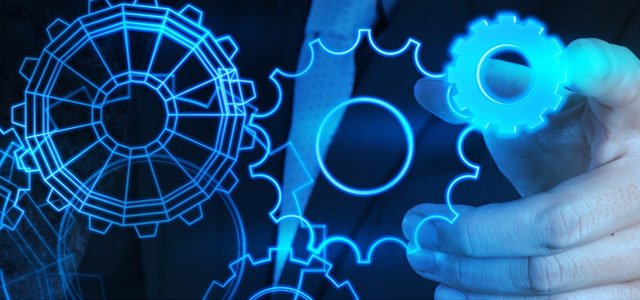COMEDK 2020 Entrance Exam Updates

COMEDK is the “Consortium of Medical, Engineering and Dental Colleges of Karnataka” – an autonomous institution consisting of senior academicians and reputed administrative officers who have been associated with the educational ecosystem.
The autonomous COMEDK has entrusted the responsibility to organize testing procedures to determine the merit of aspiring students in an effective, fair, transparent and non-exploitative procedure by KPCF (Karnataka Professional Colleges Foundation – Medical & Dental) and KUPECA (Karnataka Unaided Private Engineering Colleges Association).

The online application form for COMEDK
2020 undergraduate engineering test is available at comedk.org
| COMEDK UGET 2020 | Important dates |
|---|---|
| Start of Application Form | 16 January 2020 |
| Mock Test Availability | 05 February 2020 |
| Last date of Application Form submission | 17 April 2020 |
| COMEDK 2020 Application Form Correction | 18 April 2020 |
| Availability of Admit Card on website | 01 May 2020 |
| Mock Test Availability | 05 February 2020 |
| COMEDK UGET 2020 Exam Date | 10 May 2020 |
| Scorecard release | 26 May 2020 |
COMEDK 2020 Eligibility Criteria
- This COMEDK Under Graduate Entrance Test 2020 (UGET – 2020) is only for admission to undergraduate engineering courses.
- The candidates must have appeared for and cleared the 10+2 Higher Secondary or equivalent examination recognized by State / Central Government with subjects as Physics, Chemistry, and Mathematics with English as a compulsory subject.
- Candidates who belong to the general category must have a minimum aggregate of 45% marks in PCM subjects.
- In case of SC, ST and OBC candidates of Karnataka state, the minimum aggregate marks needed are 40%.
- Diploma candidates are not eligible to take the Entrance Test as there are no lateral entry admissions.

